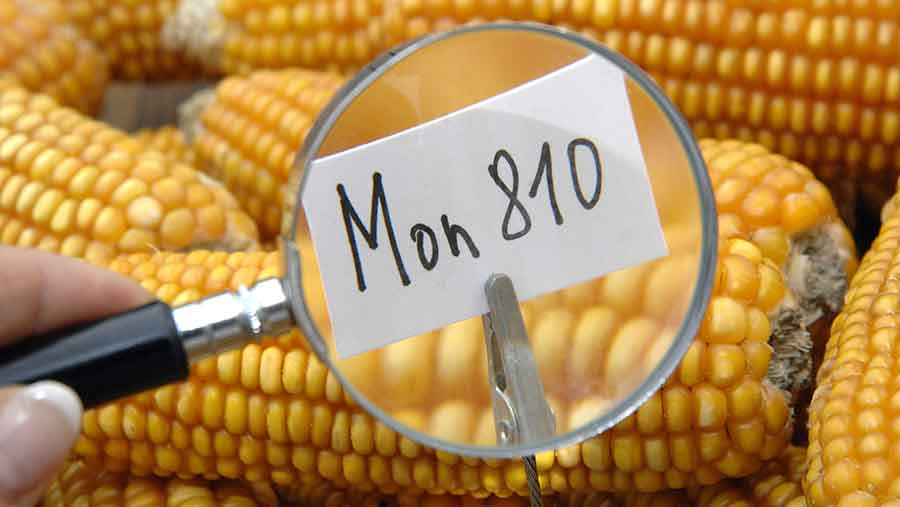GM cultivation looks more likely as Defra voices support
 © Sips/Rex/Shutterstock
© Sips/Rex/Shutterstock UK officials have shown their continued support for GM technology, suggesting the controversial crops may well be cultivated on these shores after Brexit.
Defra’s pro-GM stance was made clear in a vote in Brussels on Friday (27 January), when the UK was one of eight member states in favour of licensing two new varieties of GM maize for cultivation in the EU, and reapproving an existing one.
A further 13 member states voted against the new authorisations, with seven countries abstaining.
Given the usual split opinion, a final decision on whether to allow the two new varieties to be grown now rests with the EU Commission – which will likely happen in the spring.
See also: Minister hints at possibility of growing GM crops in UK
According to the chairman of the Agricultural Biotechnology Council, Mark Buckingham, Defra’s support for GM in Brussels shows it continues to be guided by science.
“The three products under consideration are not actually that relevant for the UK, as the traits they contain are targeted at pests that are not present here,” he said.
“However, it is reassuring the UK is sticking to the science, as this gives biotechnology companies the confidence to invest. The UK has a good track record of sticking to the science.”
Mr Buckingham added that the UK supply chain had already shown it was very capable of segregating GM from non-GM material, meeting the needs of different parts of the market.
But anti-GM lobby group GM Freeze said there was still a danger of cross-contamination should GM varieties be approved for cultivation in any part of Europe or the UK, and demanded an EU-wide ban.
“The UK’s vote in favour of all three GM maize crops, despite each being banned in Scotland, Wales and Northern Ireland, should ring alarm bells for anyone who wants to protect biodiversity and consumer choice in post-Brexit Britain,” said GM Freeze director Liz O’Neill.
Exemptions
Under EU rules, the European Commission can approve the GM licences under its own jurisdiction.
But they also allow individual countries to opt out of any approval for cultivation, with 19 indicating that they would do so.
Within the UK, Scotland, Northern Ireland and Wales have already said they would not allow GM crops to be grown within their borders.
But Defra has made no such declaration, suggesting English growers would be allowed to grow the crops.
Currently, just one GM crop is allowed to be grown in the EU – Monsanto’s MON810 – which was approved in 1998 and is primarily grown in Spain for animal feed.
More than 50 other varieties of GM maize and soya are already authorised for import to the EU, to be used in food and animal feed.
